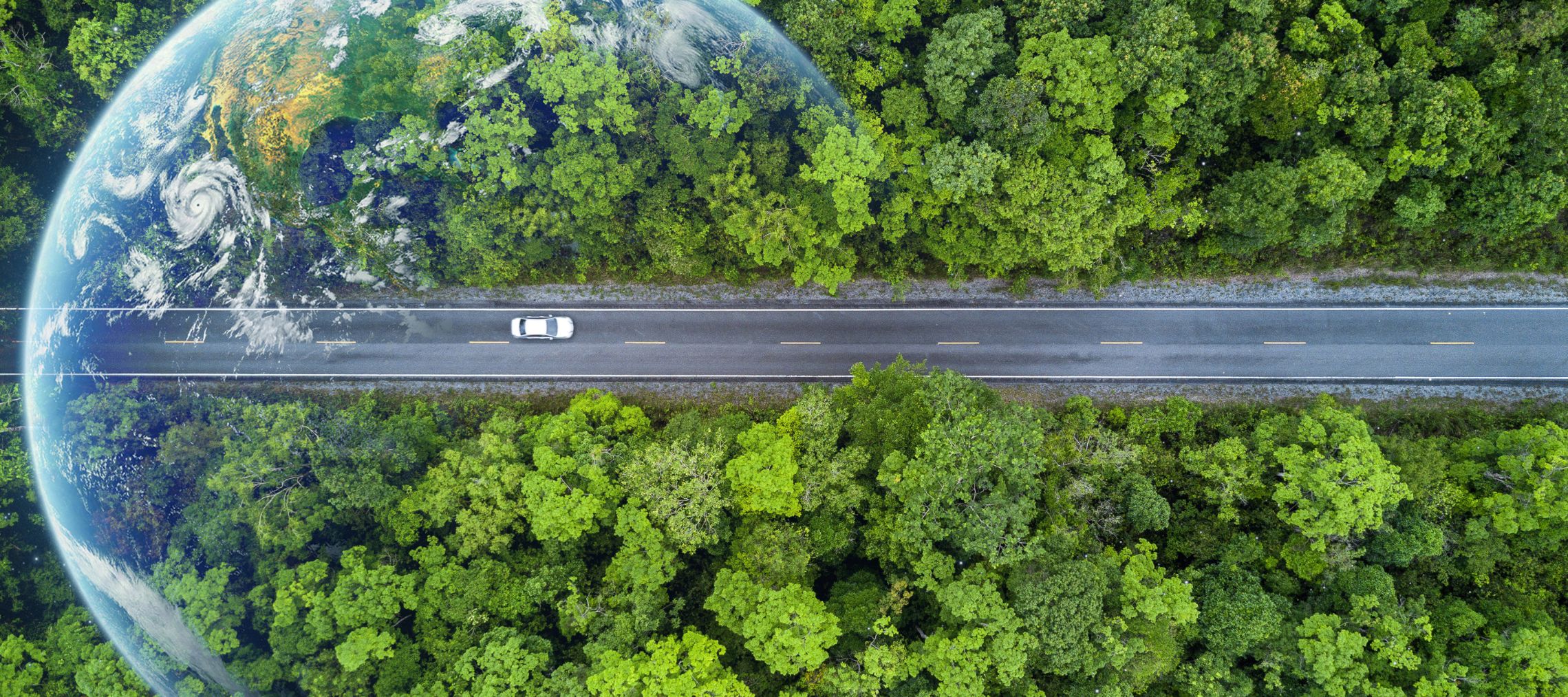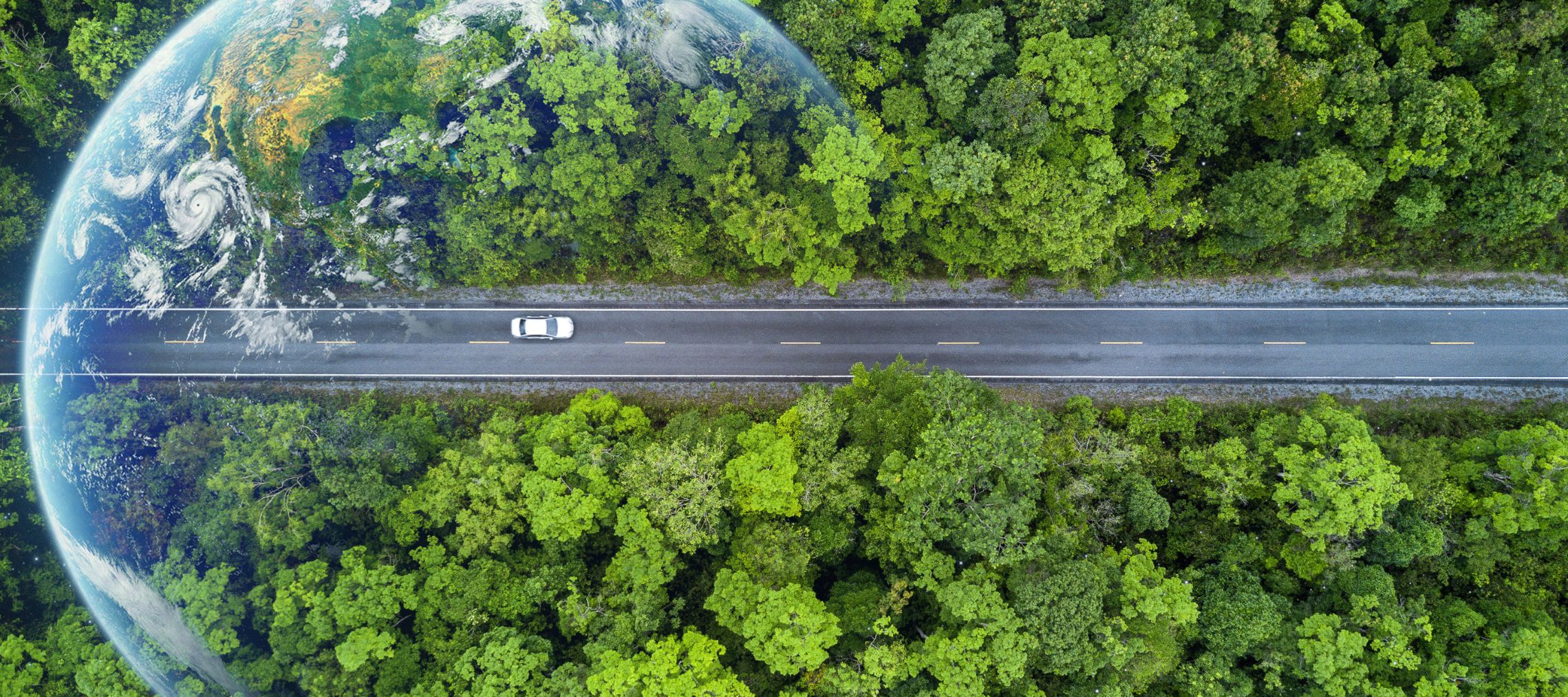Climate adaptation is a dynamic and complex process. This includes risk assessment, adaptation planning, implementation, and monitoring at different scales. Adaptation strategies vary according to specific types of climate hazards, geographical scales, and time frames. However, limited knowledge while dealing with several uncertainties is a major challenge. CSTEP's scientific strategies can help policymakers design and prioritise adaptation measures to meet our climate agenda.


District-Level Climate Risk Assessment for India: Mapping Flood and Drought Risks Using IPCC Framework
Climate change is a reality and a formidable challenge globally and in India. Across the world, there has been a rise in extreme climate events such as floods, droughts, and heatwaves. The severity and frequency of these extreme events are projected to escalate in the coming years (IPCC, 2022). These events not only endanger natural ecosystems but also pose substantial risks to human systems. However, it is crucial to recognise that the distribution of the impact of climate change is not equal across the world.
Coordinator - Climate Resilient Cell
The Climate Resilient Cell Coordinator will be the primary point of contact and will work closely with project teams, stakeholders, line departments, farmer producer organisations (FPOs), and community members. The incumbent will coordinate with the Climate Support Cell (CSC), Government of Odisha, and ensure that project activities and outputs are aligned with the state’s overall goals and objectives.
Employing GIS in Climate Risk Assessment for Adaptation
CSTEP organised a webinar to deepen the understanding of geographic information system (GIS) technology and its role in informed decision-making for adapting to climate change. The webinar explored how GIS is changing climate risk analysis and providing information for formulating adaptation strategies.
Mapping the resilience of renewable energy systems and assets in Maharashtra, Gujarat, Tamil Nadu and Rajasthan to extreme weather events
Climate hazards such as droughts, flood, and cyclones are becoming more severe and frequent, posing a threat to the resilience of renewable energy. The United Nations Development Programme (UNDP), India, in collaboration with the Center for Study of Science, Technology and Policy (CSTEP), conducted a study across four states in India (Maharashtra, Gujarat, Tamil Nadu and Rajasthan) with a high percentage of wind and solar energy infrastructure. The study employed the Intergovernmental Panel on Climate Change (IPCC) Assessment Report 5 (AR5) risk assessment framework.
Nature-based solutions for climate adaptation in coastal urban areas
CSTEP is developing a comprehensive Nature-based Solutions (NbS) Feasibility Framework to enhance urban resilience against climate risks such as flooding, heatwaves, and storms. This project targets Chennai and Mangaluru, two cities at the opposite ends of the urbanisation spectrum. While Chennai, a densely urbanised metropolis, requires large-scale NbS interventions to address its severe climate risks, Mangaluru, a rapidly growing city, offers an opportunity to embed NbS early in its development to protect natural ecosystems.
Compendium: Nature-based solutions for climate adaptation in coastal urban areas
Coastal urban ecosystems are under siege from climate change, rapid urbanisation, and environmental degradation. These escalating pressures threaten the sustainability, resilience, and well-being of communities in these regions. Despite the transformative potential of nature-based solutions (NbS) to combat these issues, their integration into urban planning and policy frameworks remains lacking owing to a persistent knowledge gap and ambiguity surrounding NbS concepts.
Press Release: Sea level rise scenarios and inundation maps for selected Indian coastal cities
Climate change brought on by fossil-fuel burning and greenhouse gas emissions has led to a steady increase in global temperatures. As a result, sea surface temperatures and glacier melting have increased, eventually raising sea levels and posing a major threat to coastal cities worldwide, including Indian coastal cities. Many of these coastal cities in India are known to be major economic hubs with natural ports, cultural centres, biodiversity hotspots, and religious monuments.
Sea level rise scenarios and inundation maps for selected Indian coastal cities
Sea level rise (SLR) has been recognised as the most serious global threat. Continuing greenhouse gas (GHG) emissions are increasing global temperatures, causing thermal expansion of ocean water, and accelerating the melting of mountain glaciers and ice sheets, eventually raising sea levels. The Intergovernmental Panel on Climate Change (IPCC) has projected a global mean SLR of 1.3 to 1.6 m by 2100 under the high-emission scenario. Rising sea levels are a major hazard to coastal cities worldwide, including Indian coastal cities.
Eco-Mandates for a Climate-Resilient Democracy
Earth, home to over 8 billion species, saw record CO2 emissions in 2023. The temperatures rose by 1.4 °C, close to the 1.5 °C cap of the Paris Agreement, making it the warmest year. Recently, as we celebrated the World Environment Day on 5th June — the biggest day on environment observed to increase awareness about and action against this aggravating climate change situation — it is timely to reinterpret our fundamental rights and duties through a climate lens.